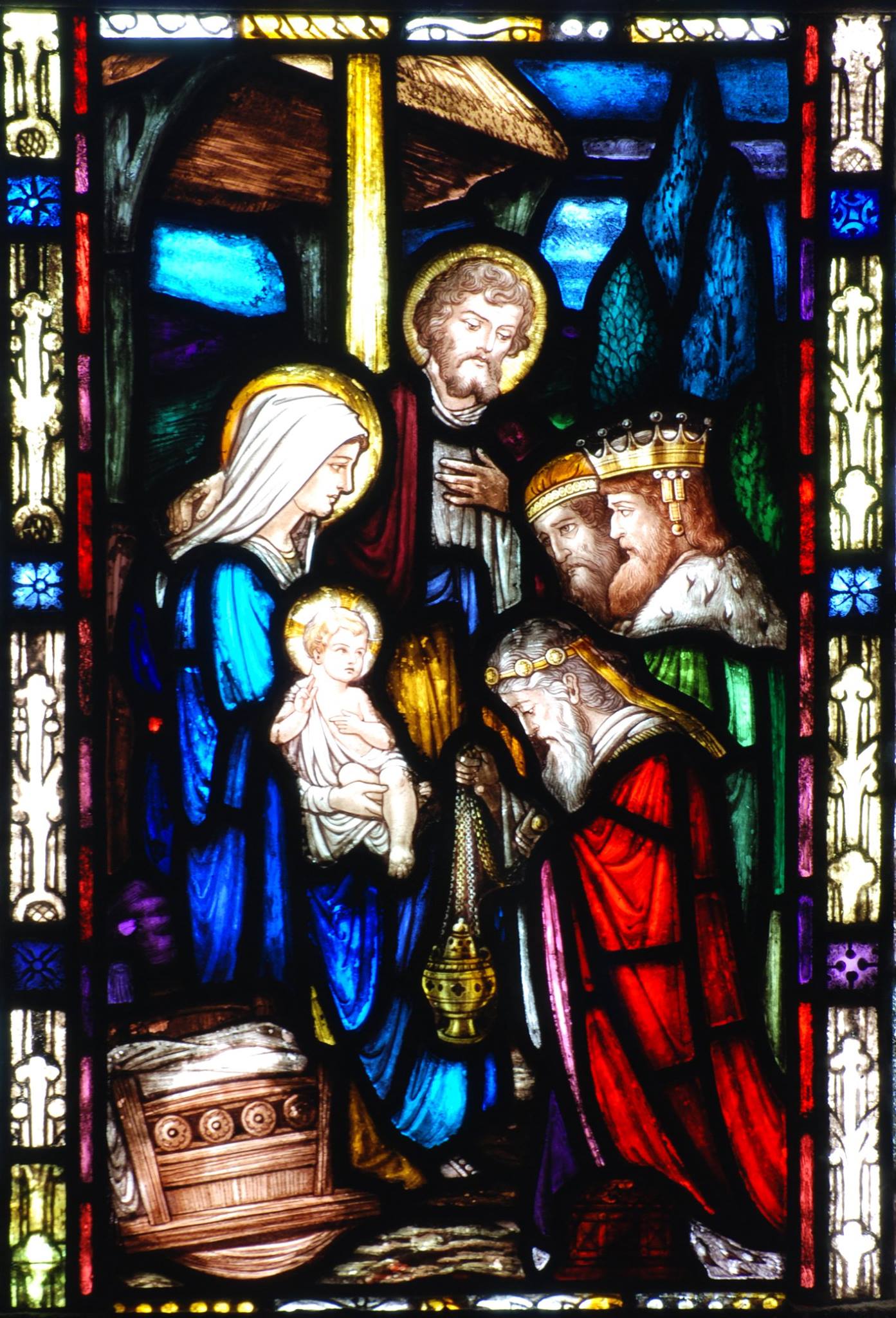To the Beloved in Christ at Ashmont
Dear Friends,
Advent is about judgment. “Repent!” shouts John the Baptist. “You brood of vipers. Who warned you to flee from the wrath to come?”
Unfortunately, some parishes today are offering a false-Christianity that is judgment-free.
{grid8}They regard sin and confession as somehow negative. Their attitude reminds me of a ludicrous poster I once saw at an elementary school. The poster showed a young girl saying, “I am perfect just the way I am.” There are parishes in our own denomination where the confession of sins has been virtually eliminated, where kneeling is regarded as groveling, where the Prayer of Humble Access is never uttered.
Professor H. Richard Niebuhr’s famously described the perversion of Christianity purveyed in such parishes: “A God without wrath who brought men without sin into a kingdom without judgment through the ministration of a Christ without a cross.”
I heard a priest – ministering in such a parish – say that John the Baptist was much too negative, an embarrassment to modern Christians who want a positive message. Interestingly, the New Testament indicates that John the Baptist - despite his “negative” message about repentance -- acquired a huge following. Many found his blunt message compelling. Is that perhaps because he was telling the truth straight and unwrapped?
Advent is about judgment. Like it or not (and some cannot bear it), judgment is central to Jesus’ message: “For judgment I came into the world” (John 9:39). “Woe to you, Bethsaida! For if the mighty works done in you had been done in Tyre and Sidon they would have repented long ago in sackcloth and ashes. But I tell you that, it shall be more tolerable on the day of judgment for Tyre and Sidon than for you” (Matthew 11:22-23). “I tell you, on the day of judgment men will render account for every careless word they utter…” (Matthew 12:36) “Now is the judgment of this world” (John 12:31). “My judgment is true, for it is not I alone who judge, but I and he who sent me” (John 8:16).
People in his time called Jesus “Rabbi” (teacher). Judgment is the inevitable consequence of what every good teacher does. A good teacher enters a classroom hoping to bring light, knowledge, and opportunity to her students. She loves her students and gives of herself to them. She sets before them by word and example the truth as she knows it. Jesus the teacher - in word and action -- comes amongst us to reveal what God is like. Like all good teachers, his purpose is to help, to care about, to enlighten us his students.
Yet the mere presence of the teacher in the classroom forces every student to make a dangerous choice which previously did not exist. The student can, if he wishes, choose not to listen, choose not to learn. He can refuse the help the teacher is offering. Ultimately, every student will take an examination. Those who have rejected the teacher’s enlightenment will fail. They were free to decide for themselves, they were given a choice, and they chose to reject what the teacher offered. The teacher will be deeply sorrowful at the student’s decision - by which the student has brought judgment on himself. She cares deeply about the student, and may reach out to give the student further opportunities to succeed. But ultimately the student must decide either to take advantage of the opportunity offered or to reject the opportunity and face the consequences. Jesus tells us that his principal purpose in coming amongst us was not to judge us (John 12:47), but to save us. And yet, if we refuse the opportunity he offers us, we bring judgment on ourselves.
Jesus comes to us with love in Advent to offer us the opportunity for an abundant life. He treats us respectfully: we are adults who have the free will to decide. We can choose to bring judgment on ourselves by rejecting Jesus’ love. We have that freedom - the ultimate responsibility - to accept or reject him. John the Baptist warns us about what is at stake.
Happy is the student who trusts his teacher, who - out of trust and not fear - accepts his teacher’s insights and love. The heart of Jesus’ teaching is this: that doing good is the pathway to happiness. “It is more blessed (happiness-making) to give than to receive.” (I might add, parenthetically, that one of the joys of old age is the discovery that all this stuff one has heard and said all one’s life actually turns out to be true: It is more blessed to give than to receive!)
I had a student once who objected to the Last Judgment pictured in stone above the door of a French cathedral. “How depressing,” he said. I disagreed because it is a picture of God as the ultimate judge who rewards the good as well as punishes the evil. It is a joy to know that, in the end, God rewards the good. When I look around I see people who have suffered greatly in this life: I think of a friend devoting his life to caring for his wife with Altzheimers. I think of a friend who worked 80-hour weeks in a business that never got off the ground despite his efforts. I think of Jews gassed to death because they were Jews. I think of a young man in our parish murdered in the prime of his life. I think of the churchgoers shot to death in Texas. We observe such injustices every day. It gives me great joy to know that, in the end, God will right these terrible wrongs. There is an Ultimate Justice.
Jesus comes to each one of us now, this Advent, in the time of our mortal life, and offers us lavish opportunities to lead abundant lives with him. Let us pray that we will “cast away the works of darkness” and continue to prepare for the final exam that comes at the end of every life “when the secrets of all hearts shall be disclosed.”
F.W.J.
{/grid8}{grid4_last}

{/grid4_last}

